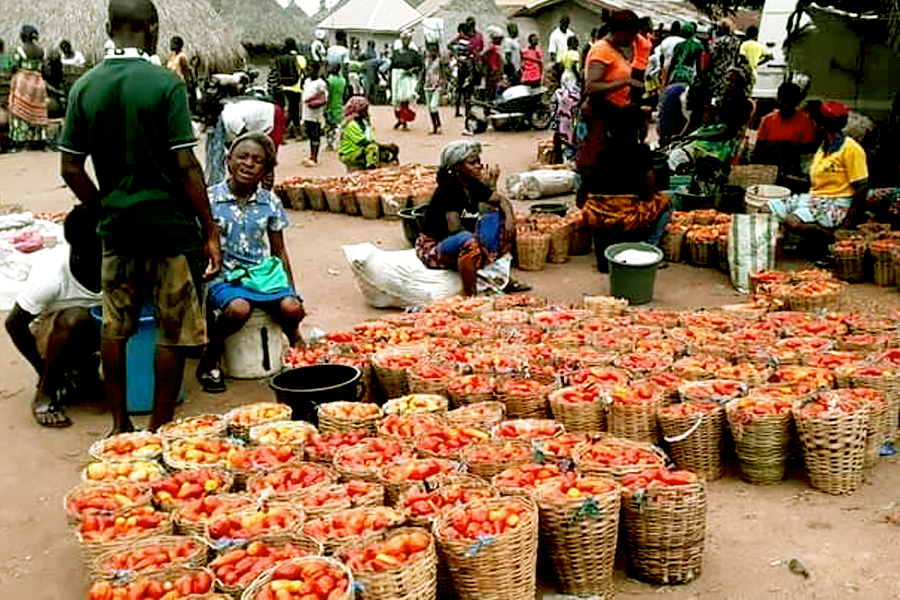
About Tomato Wastage In Benue State
We tried!
In 2016 or so, Mrs Helen Teghtegh through her organization CLHEI submitted a brilliant proposal to the TY Danjuma Foundation.
She understood exactly what the problem was. The proposal became an instant hit with both staff and board. I knew because even though I had Conflict of Interest (CoI) over the proposal, I was still allowed to review and make inputs. I sat down listened to the conversations and the proposal was approved, without much debate. The board especially was excited about proposal and then project. The Gen himself was supposed to commission the project, that was how much it was loved…
The staff of Benue state ministry of agric and trade and commerce were involved to ensure that the government would also learn from it and perhaps replicate it… Turns out this was false hope!
She wanted to set up tomato drying mills in Wanune and Andoor Communities to curb the wastage associated with the produce at the height of the harvest period. Her arguments were solid, direct and informative. She said these communities were amongst the highest producers of tomatoes in Benue. She said despite these wastages, Nigeria still imported tomatoes to hundreds of million of Naira. And as a frequent traveler on the route, I understood, related and further lobbied…
Her approach was strategic, she proposed to provide improved seedlings to the farmers as most of the tomatoes farmed by the farmers were not commercially viable, and also teach them manual preservation of the produce.
The women were formed into cooperatives, and they would be the owners of the project to ensure sustainability. She sourced for a local fabricator for the dryers. Turns out the excellent fabricator Abel Gbuusu helped her create a multiple purpose dryer, one that could dry not only tomatoes but pepper, onions, okro, fish, pawpaw, etc.
The project had government participation. The staff of Benue state ministry of agric and trade and commerce were involved to ensure that the government would also learn from it and perhaps replicate it… Turns out this was false hope!
Excited about the project, it was implemented to specification in the two locations. I monitored the implementation and also represented the foundation at the commissioning. And the project had lots of hope and prospects but there was a problem.
The government was supposed to provide another source of electricity to the two mills. I heard the promises they made, and in my speech I emphasised that they shouldn’t stop at lips service with the need to provide these additional sources of energy as the success of the project depended on that, considering the epileptic supply of electricity in the country… You guess is as good as mine… They never went back to support the projects other than lip service…
I pass by these projects once in a while and most times they are closed down because of lack of electricity to operate the machines. The problem from the point of view of an M&E person has not be solved sadly despite the plenty efforts put in place. It saddens me…
Now this problem provides an excellent opportunity for a smart entrepreneur to make a big hit. We hope that we will have access to the needed resources and community support to solve the problem. We can’t continue lamenting over these issues. We need proactive measures from people who are too smart to just complain…
